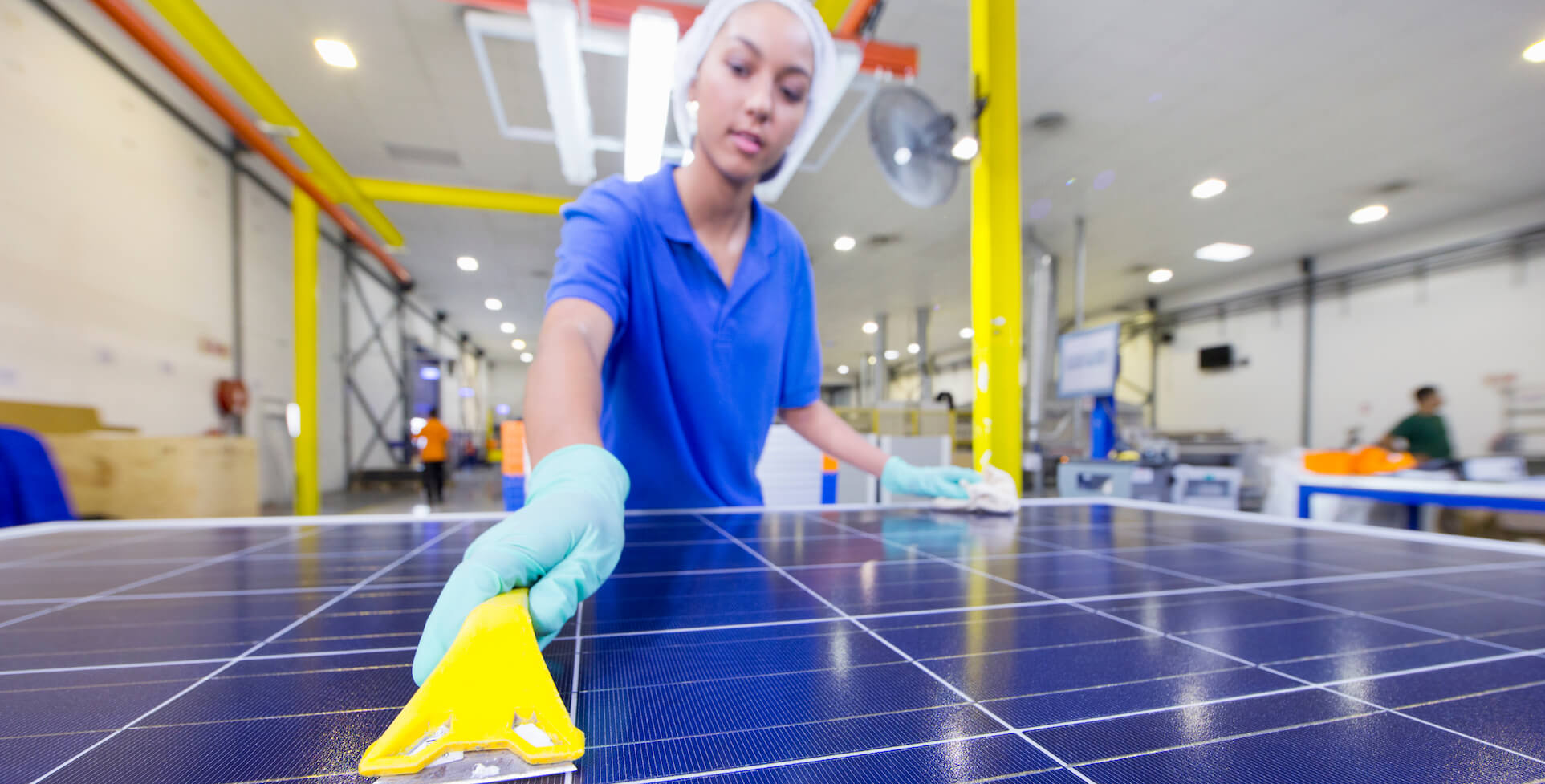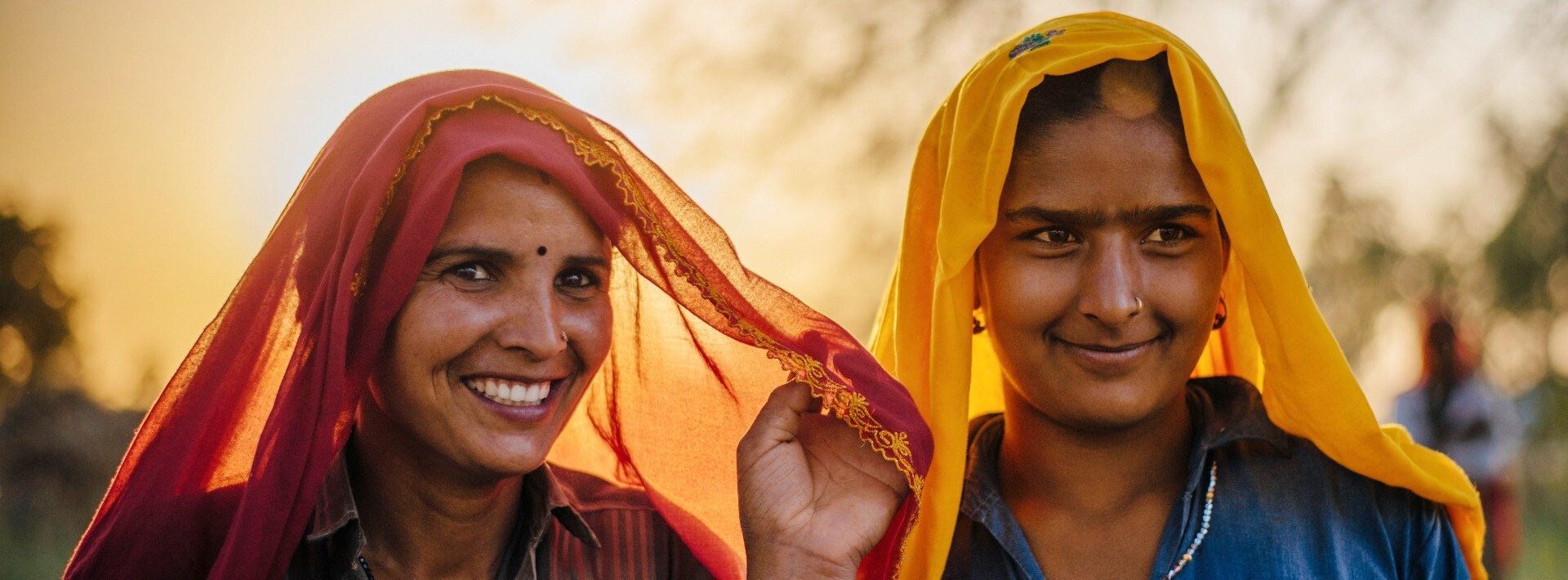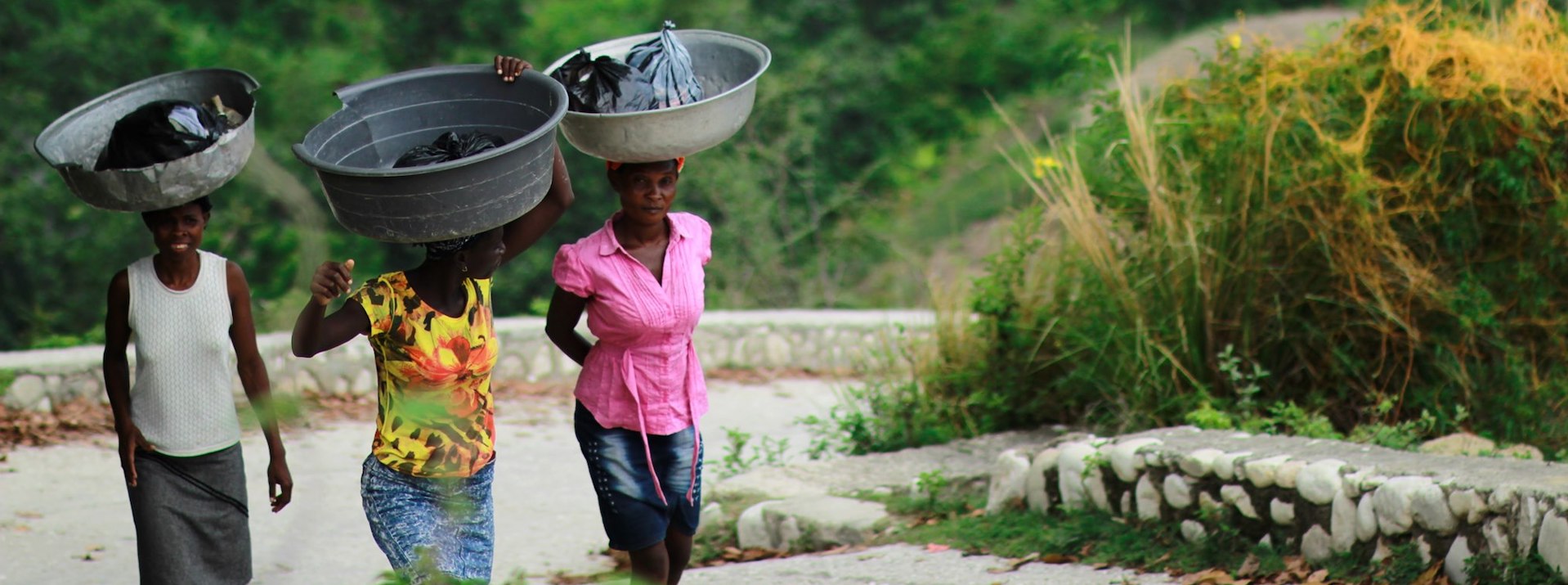Good green jobs. Better climate solutions. Food security. Resilient supply chains. Increased wealth in low-income communities. And increased returns for more stakeholders.
Those are some of the shared benefits of investing at the intersection of climate, gender, justice and impact, according to Inclusive Gender and Climate Finance, a new report from 2X Global.
The gender-lens investing collaborative will formally launch the report March 14 at 8am PT / 11am ET / 5 pm CET with Lelemba Phiri of the Africa Trust Group, Native Women Lead’s Vanessa Roanhorse and Wanona Satcher, CEO of Mākhers Studio, which produces affordable modular housing from recycled shipping containers (RSVP).
Frontline communities – across rich, middle and low-income countries – both bear the brunt of climate change and hold the key to many climate solutions. “Inevitably the risks facing frontline communities trickle through supply chains and into investor portfolios,” say the authors, Suzanne Biegel (see, “Making markets work for women and the world”) and Sana Kapadia (listen to Sana on ImpactAlpha’s Impact Briefing podcast).
Case studies
The report cites more than a dozen funds and enterprises that exhibit elements of such an intersectional approach. In the U.S., the Matriarch Revolutionary Fund, created by Native Women Lead, New Mexico Community Capital, and Roanhorse Consulting, will provide grant and debt capital up to $150,000 to Native- and women-led ventures. The fund will use character-based lending, replacing the traditional five Cs with five Rs: “relational, rooted, restorative, regenerative, and revolutionary” (see, “The Reconstruction: The Indigenous wisdom of lending based on character, not collateral”).
The nonprofit Solar and Energy Loan Fund is a community development financial institution that finances energy efficiency and renewable energy upgrades in underserved communities in the southeastern United States. SELF has provided more than $28 million in more than 2,400 unsecured loans to homeowners.
In Africa, Good Nature Agro works with more than 25,000 smallholder farmers in Zambia and Malawi to convert their production from maise to legumes, which have higher margins and nutritional content. GNA provides farmers with seeds and inputs on credit, technical assistance, financing and guaranteed off-take contracts.
The Rallying Cry, a collaborative of women business leaders and development professionals, is seeking to catalyze investment in gender and climate, specifically in agribusiness in Kenya and Zambia.
The report also calls out Aruwa Capital Management in Lagos, Nigeria, a female-founded, early stage growth equity and gender lens fund (see, “Adesuwa Okunbo Rhodes, Aruwa Capital”). The fund has a commitment to climate justice across sectors and, for example, has invested in a company producing solar-powered freezers for clinics and businesses without reliable electricity.
In India, Upaya Social Ventures invests in early stage entrepreneurs that recruit at least half of their workers from local communities living in extreme poverty, where fair-wage jobs with predictable income are needed most. In its first decade, Upaya’s portfolio companies have created 27,000 sustainable jobs in India’s marginalized communities.
In Colombia, EWA invests in “disruptive, innovative, and scalable business models” tackling socioeconomic problems, including climate mitigation and adaptation. The female-founded and -led firm is working with a construction tech company replacing single-use plastics.
BlueOrchard’s InsuResilience Investment Fund works with microfinance institutions to bundle insurance against extreme weather events and natural disasters with loans to farmers and micro-entrepreneurs. The fund has made a half-dozen investments across emerging markets, helping insure 20 million poor and vulnerable people from the effects of climate change.
Climate funds
Bringing a gender lens to climate innovation can surface talent, innovation and market needs, according to an earlier “State of the Field“ report from GenderSmart, now part of 2X Global.
“When we invest with both a climate and gender lens, our money goes further,” Biegel says. Women-led climate are proliferating:
- Mexico City-based SVX Mexico has launched Regenera Ventures to make equity investments in regenerative land projects that tap into the “underlying wisdom that smallholder farmers have” about biodiversity and soil health.
- Wangara Green Ventures in Ghana is supporting local green businesses while working to give livelihoods and job opportunities a boost.
- Satgana is a woman co-led fund that’s investing in gender-lens, climate tech startups in Europe and Africa. In Singapore, IIX’s Women’s Livelihood Bond series is increasingly focusing on climate resilience.
- Ireland’s WakeUp Capital is focusing on climate change and biodiversity loss as two of its core investment themes.
- Systemiq Capital, a spinout fund from climate advisory firm Systemiq, provides early and growth-stage equity to sustainable startups in Europe and North America.
- Toronto-based BlackTech Capital backs early-stage Black and other underrepresented founders that are building solutions to the climate crisis.
- Colorado-based Blackhorn Ventures is backing tech ventures that are enabling a green transition of emissions-intense industries.











